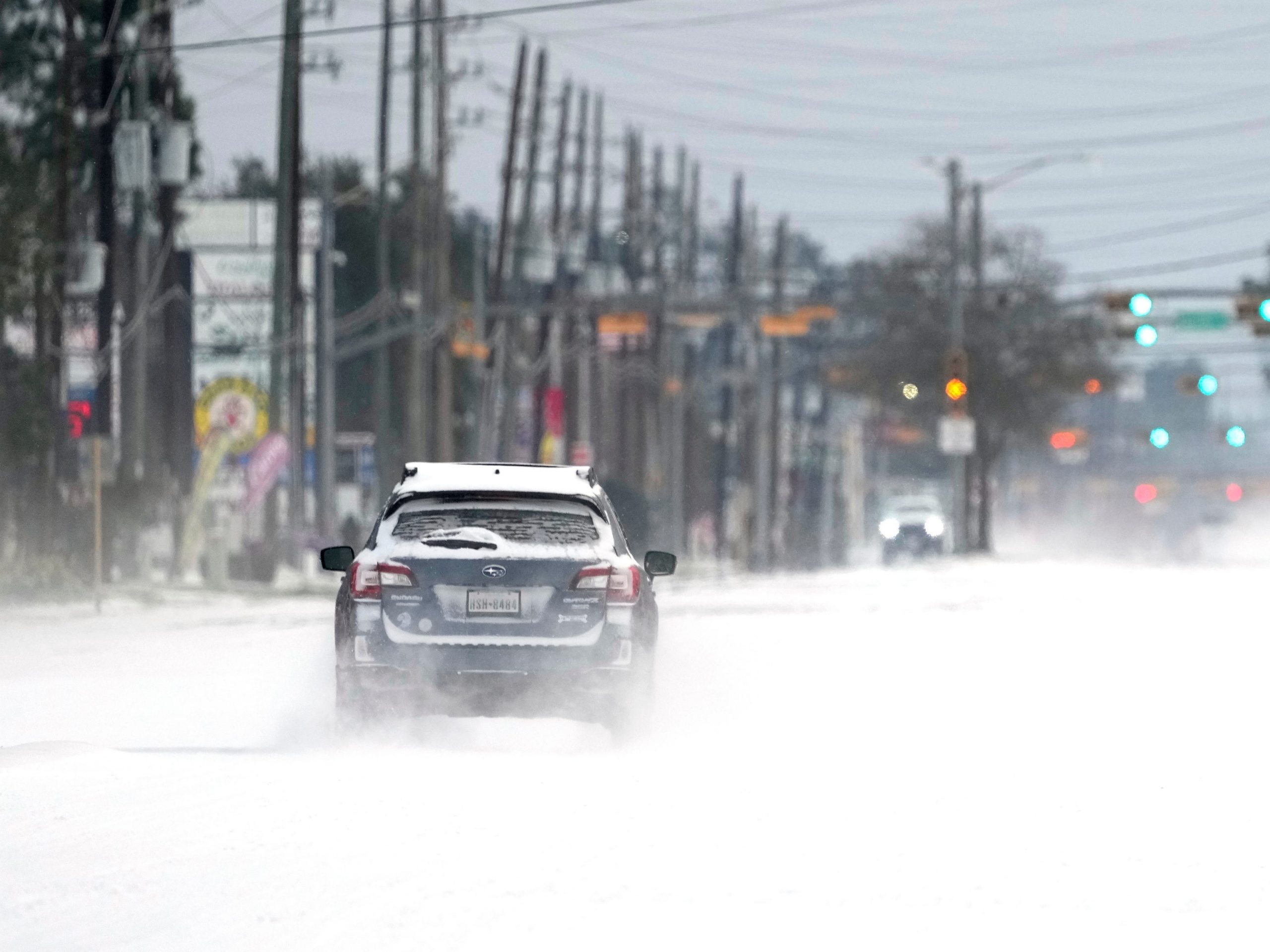
David J. Phillip/AP
- Some Texans were billed $1,000 per day for electricity during last week’s frigid weather, The Dallas Morning News reported.
- The wholesale price of electricity surged 10,000% as demand increased and supply fell offline.
- Some state residents have their home and office bills tied to wholesale electricity prices.
- Visit the Business section of Insider for more stories.
Texas residents who endured days without power during last week’s winter storms are facing a new obstacle: Electricity bills over $5,000 for just a few days of energy.
Some customers of state-owned electric grid are seeing the eye-popping, five-figure power bills because their plans are tied to the wholesale market rate. In the Dallas-Fort Worth area, residents have been hit with $1,000 per day charges for electricity, The Dallas Morning News reported. Residents have taken to social media to show $5,000 bills – or more – over a period of about five days.
CPS Energy, the electric utility in San Antonio, said some consumers can expect “exorbitant” bills in the coming weeks, KSAT reported. The utility might try to minimize the hit by spreading the charges over a period of up to 10 years, the news station said.
Texas Governor Greg Abbott met with local lawmakers Saturday to address the latest crisis. “We are moving quickly to alleviate this problem and will continue to work collaboratively throughout this week on solutions to help Texas families and ensure they do not get stuck with skyrocketing energy bills,” Abbott said in a statement.
Spiking bills won’t hit state residents who had fixed-rate electric plans. The problem for many comes from index or variable rate plans, in which rates to power their home or business change with the price in the wholesale market. In good times, a customer’s bill can be lower – but if the price of electricity skyrockets, so too do bills.
Last Monday, as freezing weather rolled through Texas and the southeastern US, the wholesale price of electricity shot up 10,000%. It went from about $50 per megawatt hour to $9,000 – a system cap, according to data provided by the Electric Reliability Council of Texas, the grid’s operator.
The price increase came as sources of electricity, like natural-gas plants, went offline in the freezing temperatures. Meantime, the unusually cold weather for a mostly temperate state meant demand for energy went up, as people turned up their heaters to stay warm.
ERCOT responded with rolling blackouts, it said, so as not to further damage the grid. The blackout, which affected a few million residents at its peak, is among the largest in US history.
President Joe Biden on Saturday declared a major disaster in Texas.
ERCOT did not immediately respond to Insider’s request for comment about the wholesale electricity price and reports of spiking consumer bills.
It’s unclear how many Texas residents have variable or index-rate electric plans. Texans are allowed to shop for their power plans in its deregulated retail electricity market.
Griddy, one of the state's electric companies, provides access to wholesale electricity for a monthly membership. Last week, it urged its nearly 30,000 customers to switch energy providers if they couldn't afford the soaring rates, The Dallas Morning News reported.
Some state lawmakers think some residents might not understand how their electricity is billed.
"The state needs to look into whether or not people are signing up for things that they don't really understand and signing up for things that could ultimately really hurt them," Houston Democratic Rep. Gene Wu said, according to The Dallas Morning News.
On Sunday, power had been restored across much of Texas, though many people remain without water after pipes froze and burst. Damages from the storm, which left dozens dead, is expected to approach $50 billion, AccuWeather predicted.
Abbott has called the blackout event "unacceptable" and said he would add the reform of ERCOT as an emergency item for the 2021 legislative session.
The Federal Energy Regulatory Commission has also launched a task force to investigate the outages in Texas and elsewhere in the US.